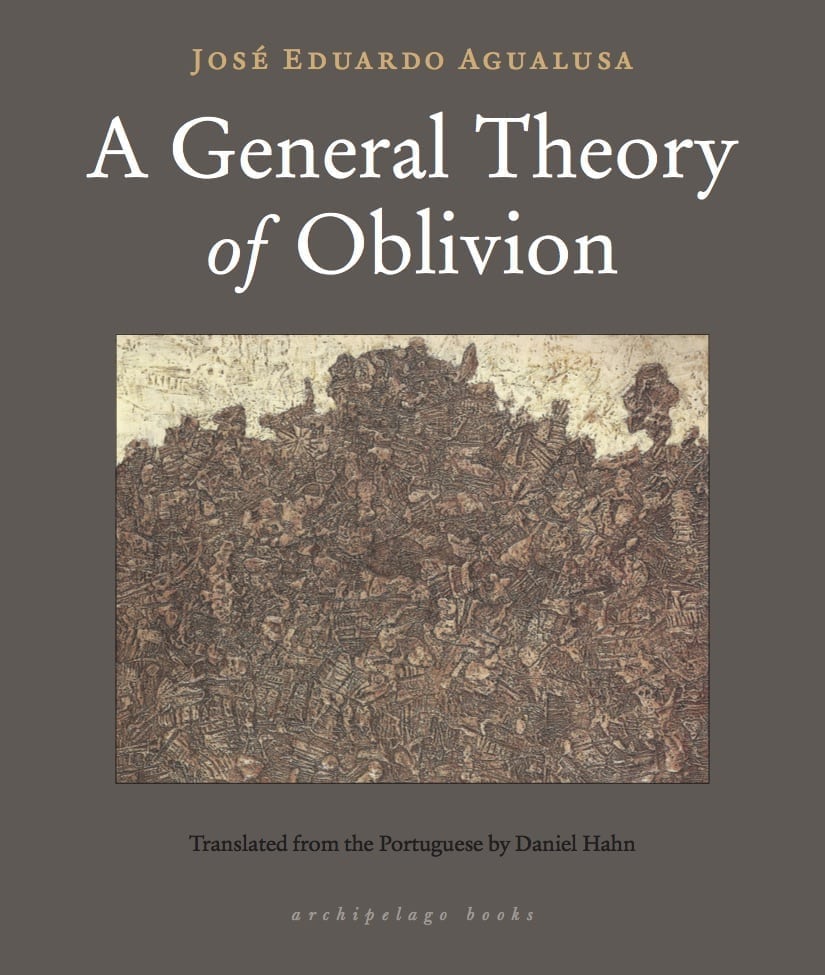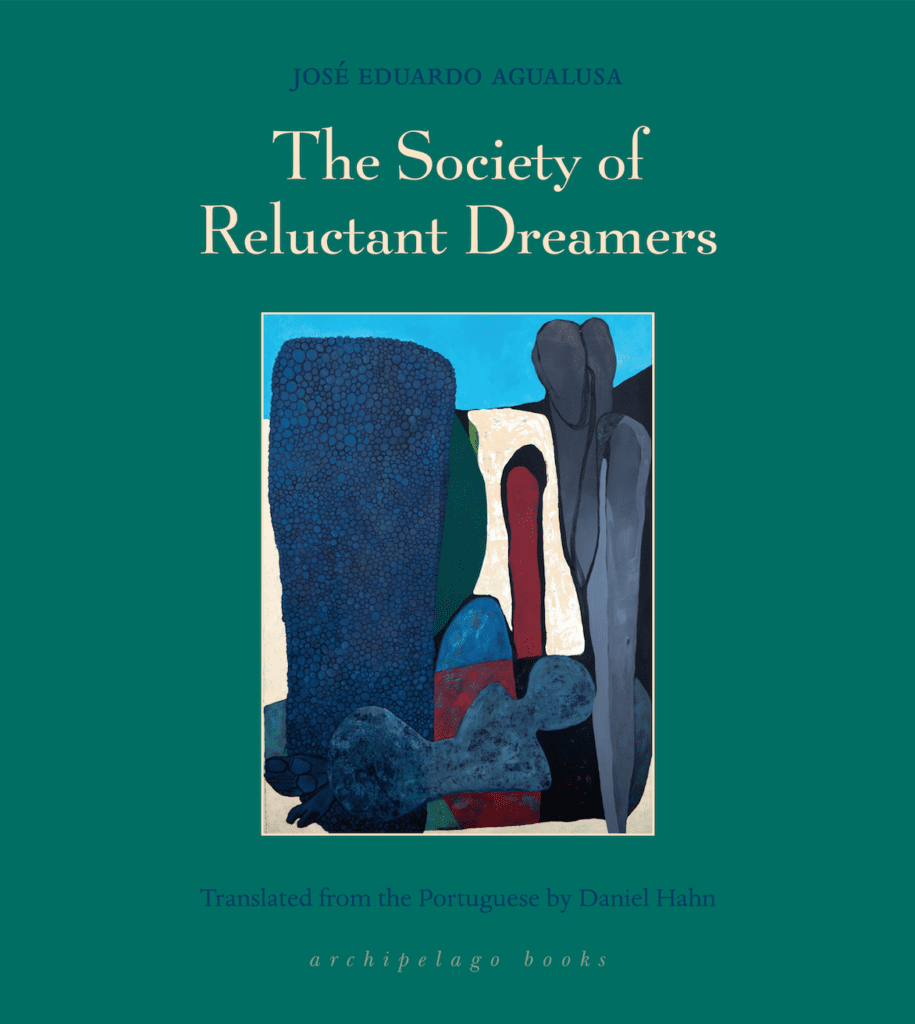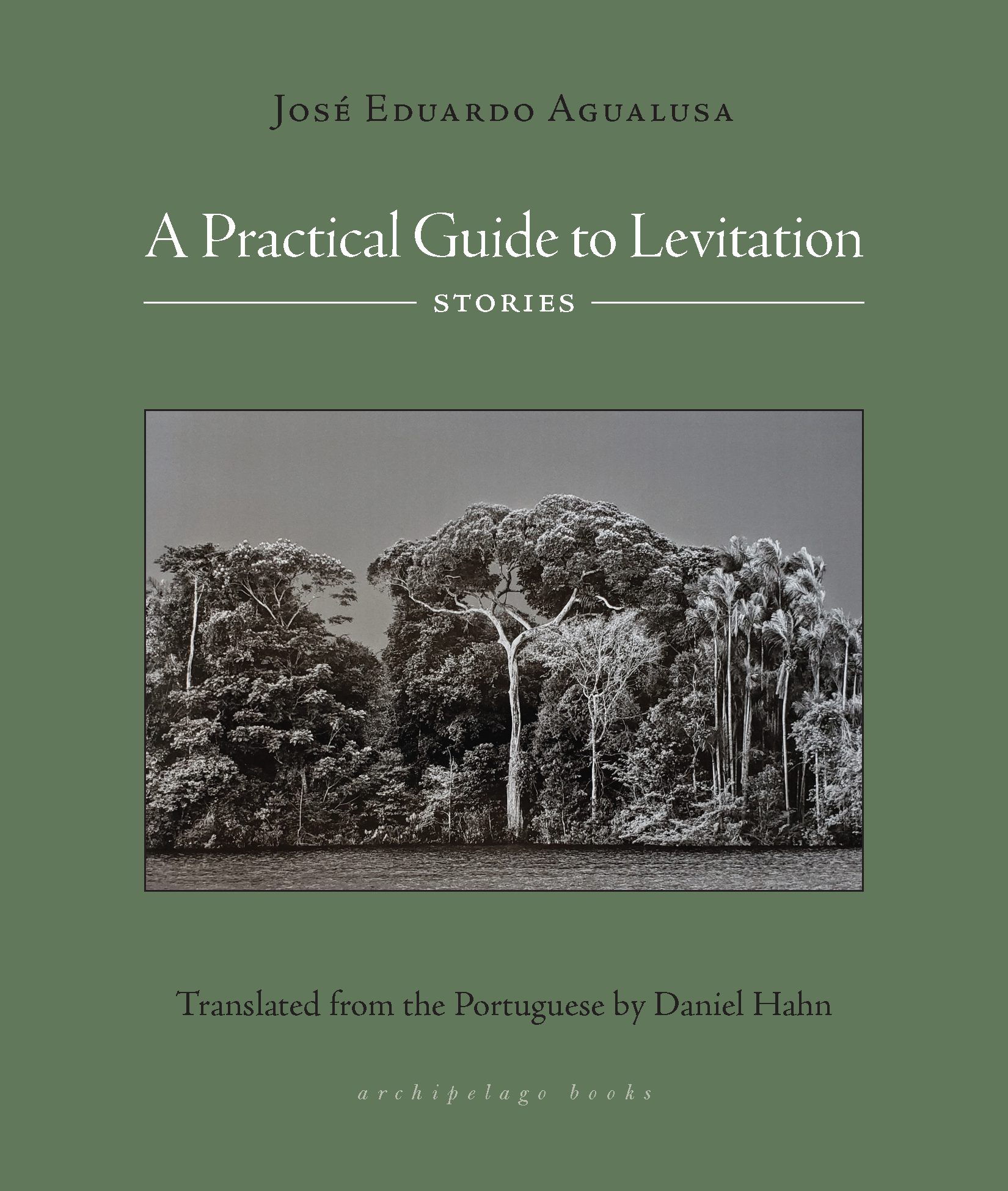Praise
Without doubt one of the most important Portuguese-language writers of his generation.
Cross J.M. Coetzee with Gabriel García Márquez and you've got José Eduardo Agualusa, Portugal's next candidate for the Nobel Prize.
Agualusa's writing is a delight throughout, as he opens up the world of Portuguese-speaking Africa to the English-speaking community - and what a world it is.
Hahn is one of our most experienced translators. Such experience shows in tiny interventions to guide the English reader through the chaos of the Angolan battlefield ... and in his taking confident ownership of certain descriptive passages, ensuring the music of the original is conveyed along with the meaning... a timely homage to the prize of Angolan independence.
Agualusa’s potent skill as a storyteller is in circling each of the characters as they adapt to war and instability. Everyone is victim. Everyone is aggressor. Everyone rots in a rat filled jail and everyone, eventually, finds their way to an upscale apartment block. During war and its aftermath, when all that was is demolished, people come together and split apart primordially. Return to rabid nature might be the immediate consequence of war. Humans adapt to the scars. In that moment, they make literature.
A General Theory of Oblivion is both more and less than its title; it certainly provides a kind of blueprint of the encroaching obscurity inherent to living and dying—at times bemoaning its certainty, at times celebrating the assured darkness—but it is also a general theory of love, of life, and, finally, of literature. Working in the fertile ground between fiction, philosophy, and enchantment, Agualusa has accomplished something strange and marvelous here, a whirling dervish of joy and pain, blood and memory, whose many high points I found myself re-reading immediately, eager to experience the shine of the prose like spun gold. It left me in awe of these stories we tell ourselves: those we need to survive, those that change us, and those that change with us.
“A man with a good story is practically a king.” If this is true, then Agualusa can count himself among the continent’s new royals.
The premise of A General Theory of Oblivion is enticing enough, but in the hands of José Eduardo Agualusa, the story is irresistible.
A General Theory of Oblivion is so deftly drawn that suspending one's disbelief is a pleasure rather than a chore, like with Gabriel García Márquez.
Viewed from a broader perspective, her story is an aching reminder that memories may be pushed aside but can never be entirely rewritten. They rise to the surface with quiet forcefulness, refuse to fall into “oblivion,” and inform every gesture and word—a deceptively simple concept with fascinating ramifications.
Agualusa’s novel is a powerful examination of personal recollection and public upheaval, and a penetrating study of isolation and the cost of freedom.
Like Portuguese writer Fernando Pessoa and Argentine Jorge Luis Borges, Portuguese-Angolan writer José Eduardo Agualusa is a literary trickster who dazzles with his artificial fictional creations.... Agualusa is a master of varied genre structure, and he has great fun shifting from spy novel to pastoral narrative to interior reflection, but his heart is deeply invested in his characters, and each individual's story burns itself into the reader to make us reconsider our capacity for empathy and understanding.... Profoundly satisfying.
A master storyteller...It’s a tribute to Agualusa’s storytelling that the bittersweet redemption found by his characters feels authentic; he and they have earned it.
A wonderful piece of fiction, tightly controlled and cinematic.
[A] dizzying mix of characters and genres. Cinematic imagery and the unraveling of mysteries splash over moments of stillness and lyric solitude.
"A General Theory of Oblivion is a dreamy meditation on the connectedness of human lives, strangely merciful in spite or because of its clear-eyed acknowledgement of the horrors of which we humans are capable."
Extras
A General Theory of Oblivion has been shortlisted for the Man Booker International Prize 2016! See the full list here.
For a more complete profile of José Eduardo Agualusa’s works, please click here.
In this interview with Words Without Borders, José Eduardo Agualusa discusses his work, translation, and Angolan as well as Latin American literature.
Words Without Borders has also published a translation of José Eduardo Agualusa’s story, “If Nothing Else Helps, Read Clarice.”
“Not since Gregor Samsa’s metamorphosis have we had such a convincing non-human narrator,” writes Amanda Hopkinson for The Independent in her review of Agualusa’s The Book of Chameleons.
Read a short interview with Agualusa in the Financial Times (“Q: What keeps you awake at night? A: Nothing. I sleep like a mountain range.”)
In collaboration with PEN Transmissions, Granta invites Daniel Hahn to directly respond to an essay he’s translated: “Connecting Worlds, Inventing Worlds” by Agualusa.



